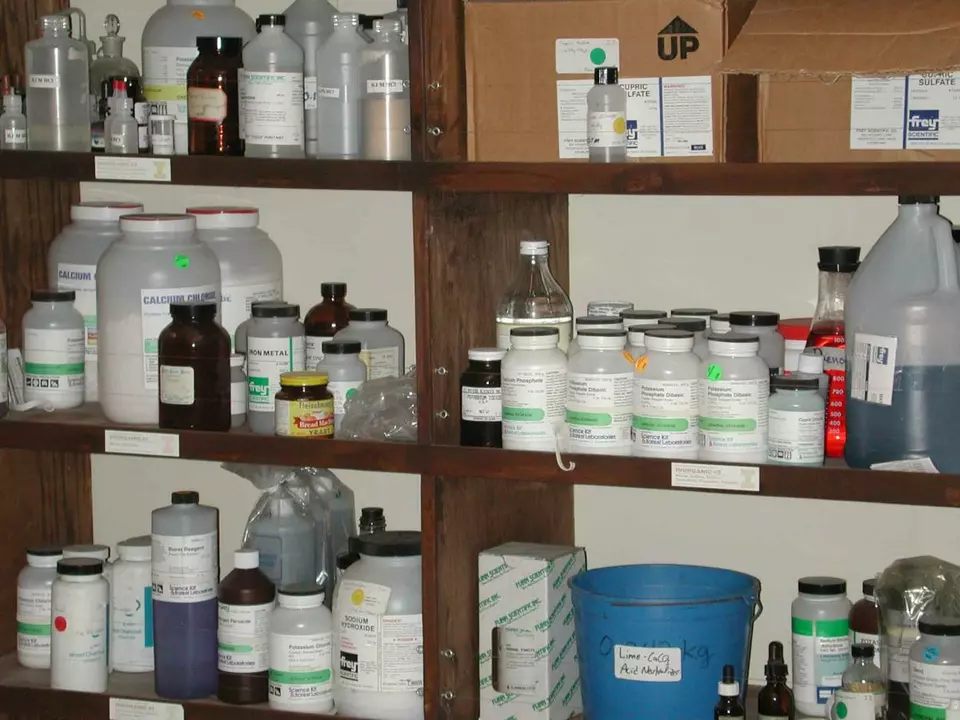Medication disposal made simple and safe
Got expired pills, leftover opioids, or syringes you don’t need? Tossing medicines in the trash or flushing them down the toilet can risk kids, pets, and the environment. Here are clear, practical steps you can use right now to dispose of pills, liquids, and sharps without drama.
Where to take unused medicines
First choice: find a drug take-back program. Many pharmacies, hospitals, and local police stations accept unused medicines year-round. The DEA also runs periodic National Take Back events—search your town’s collection points. Some pharmacies offer mail-back pouches or sealed drop boxes. If you have controlled substances (like strong pain meds), prioritise a take-back—these reduce the chance of misuse and diversion.
If a take-back option isn’t available, some pharmacies sell FDA-cleared mail-back envelopes or drug disposal bags. These come with clear instructions and a prepaid return, making disposal easy and legal. Check with your local pharmacy or municipal waste site for options.
Safe trash disposal and sharps tips
If no take-back exists, you can usually dispose of most solid pills in household trash using these steps: mix the meds with an undesirable substance (used coffee grounds, kitty litter), put the mix in a sealed bag or container, and remove or black out personal info from the original packaging. Seal everything and throw it in your regular trash. This makes the meds less appealing and harder to retrieve.
Sharps (needles, syringes) need special handling. Never toss loose sharps in a household trash or recycling bin. Use a proper sharps container—rigid, puncture-resistant, and labeled. Many pharmacies and clinics provide sharps containers or have specific drop-off sites. If you can’t get one, use a heavy-duty plastic container with a tight lid and clearly label it "sharps" before disposing at an approved facility.
What about flushing? Some medications used to be recommended for flushing to prevent accidental ingestion, but advice changes. Don’t flush unless the drug label or local health authority explicitly says it’s okay. Flushing can harm waterways and wildlife.
Last bits of protection: keep medications out of reach until disposal, never share leftover prescriptions, and erase personal info on bottles to protect your privacy. If you’re unsure whether a drug is controlled or needs special handling, call your pharmacy. They’ll tell you the safest disposal route.
Safe disposal prevents accidental poisonings, keeps drugs from being misused, and protects the environment. Take a minute to find a take-back or mail-back option—your family and community will be safer for it.
How to Store and Dispose of Ciprofloxacin Safely
As a blogger, I always want to share helpful tips with my readers, and today I want to talk about storing and disposing of Ciprofloxacin safely. First, always keep Ciprofloxacin in its original container, away from light, heat, and moisture. Second, ensure it's stored out of reach of children and pets. When it's time to dispose of any expired or unused medication, don't just throw it in the trash or flush it down the toilet. Instead, check for local drug take-back programs or follow the FDA's guidelines for safe disposal.
More
